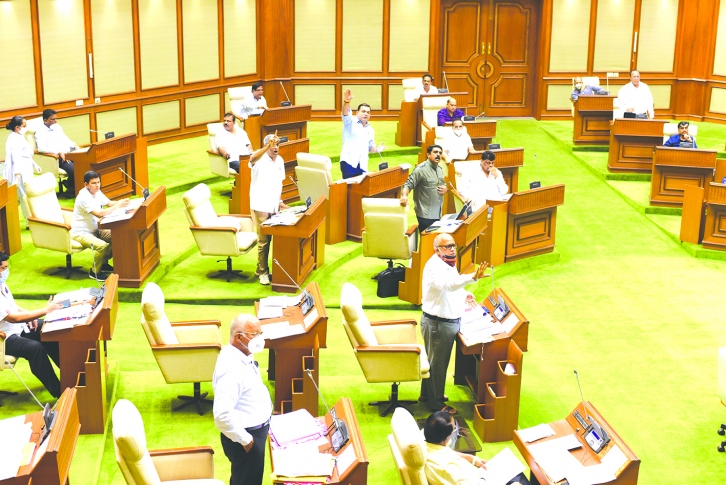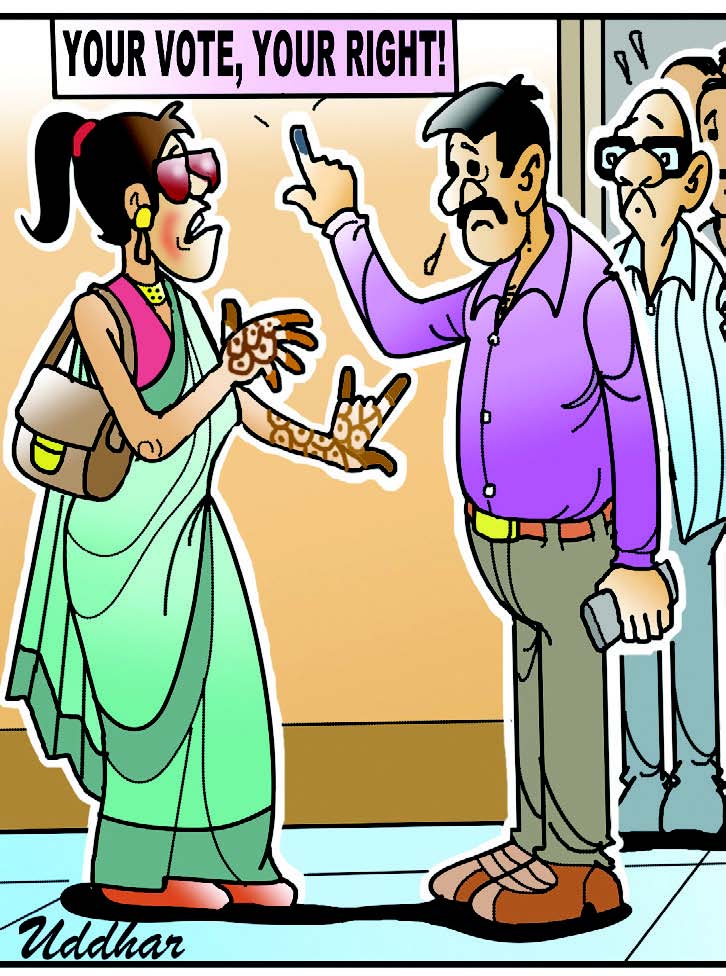
Olav Albuquerque
The news of Goa’s 18th Governor Satya Pal Malik being shunted off to distant Meghalaya after alleging corruption in the government and mismanagement of the Covid-19 pandemic in Goa has gone off the front pages. And well it might, because news operates in cycles with topicality gaining prominence so that what was front page news yesterday, ceases to be of interest today.
However, it is well worth dissecting what Malik alleged. First, what is his locus standi as he is a de jure head of State and acts upon the advice tendered by the chief minister. A governor who is appointed by the Union government is supposed to be above partisan politics like the President of India who appoints the Chief Justice of India and all the judges of the Supreme Court and 25 high courts within India.
Article 200 of the Constitution lays down that when the legislature of any State enacts any law, it encompasses the policy of that State. Theoretically, at least, these laws are supposed to be enacted after discussion and deliberation in the House. Practically, that is not the case because laws are passed by a political party with a majority because they are the sole authority that decides what is good for the people. The Opposition can do no more than protest or walk out of the House.
This is why the Goa Bhumiputra Adhikarini Act, 2021 was proposed by a legislator to cater to his voters but not the larger interests of the Goan people. There are innumerable criminal complaints where those from other States have changed their names to usurp the properties of those who are dead. This is why the Goa legislature enacted the Goa Name Change Act.
The word Bhumiputra means sons of the soil which would imply that these Bhumiputras originate within Goa and their forefathers were settlers here. That the new law is an attempt to cater to vote banks, which will change the demography of Goa becomes evident when we consider that The Goa Mundkars (Protection from Eviction) Act, 1975 and Rules, 1977 provides adequate safeguards for Goans who have been living in their own houses built before 1975. There is absolutely no need of a new law to protect the rights of those who visit Goa perennially from other States. These people already have a domicile in their own States and are registered voters in their own States.
This law ensures that those impoverished people who have been living in the orchards of the old bhatkars cannot be evicted without following the due procedure laid down by law. Every mundkar is entitled to own his dwelling house plus land of 300 square metres which is adequate safeguard against unauthorised eviction.
But the Bhumiputra Bill will allow illegal constructions to be legalised under this new law.
This is why if this Bhumiputra Bill becomes law it would need to be challenged in the High Court of Bombay at Goa by filing a Public Interest Litigation to ensure there is no demographic change within the State. For it is this very same Goa Legislative Assembly which passed a resolution on January 22, 1965 for a merger with Maharashtra, which later fell flat on its face. Otherwise, Goa would today have been an insignificant district of Maharashtra.
It was the Congress which opposed the merger with the then lone Congress member from Daman, Kalidasbhai Patel, opposing the merger resolution. The first CM of Goa, Dayanand Bandodkar, sat through the debate on the merger but did not speak. Both the Maharashtrawadi Gomantak Party which was started to merge Goa with Maharashtra and the United Goans Party which was launched to oppose it, have now served their objective.
It is ironic that the most prominent face of the anti-merger move, Dr Jack de Sequeira, has an isolated statue in Calangute with hardly any importance being given to the role he played to oppose Goa’s merger with Maharashtra. Now, the Bhumiputra Bill will serve the objective of allowing outsiders to gain domicile status in Goa.
Now, the Governor has a limited role to exercise: he can refuse to assent to the law or he can suggest amendments and refer it back to the legislative assembly. The legislature can incorporate such amendments in the law or after debate, pass the law with or without these amendments. If passed the second time, the Governor has to assent to the bill, which after notification in the Official Gazette becomes law. If a law is passed which derogates from the power of the High Court, the Governor can withhold his consent and refer this law to the President of India for his assent.
Governor Satya Pal Malik alleged there was corruption even during the pandemic when there was a shortage of oxygen cylinders which led to the death of many Goans. It is the courts which can decide on the veracity of this allegation but what cannot be doubted is the bona fides of Governor Malik when he made these allegations. After all, it is the ruling party at the Centre which appointed him. There was no cogent reason for Governor Malik to speak against the same political party which appointed him to a gubernatorial post.
This is why demands that Governor Malik should have resigned before levelling such allegations are incorrect. After all, it is because he occupied the gubernatorial office that such matters were brought to his notice. Governors of States have the same right to freedom of speech and expression as any other citizen guaranteed by Article 19 (1) (a). So, there is no reason for Governor Malik to have restrained himself from speaking out.
When Governors speak the bitter truth, we bury it under the ground.
(Dr Olav Albuquerque holds a Ph.D in law from the University of Mumbai)
